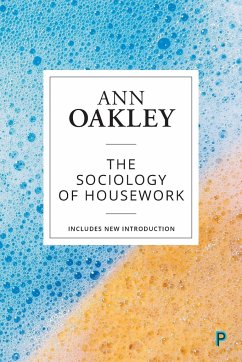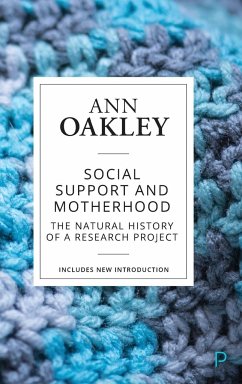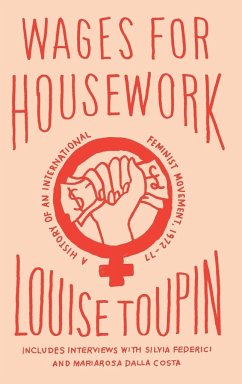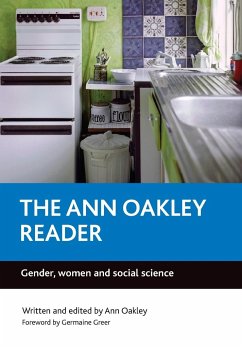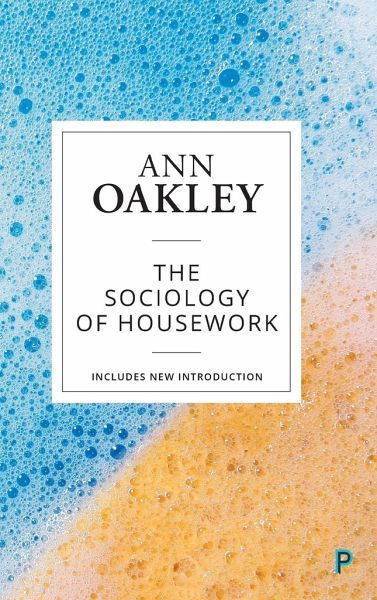
The sociology of housework (reissue)
Versandkostenfrei!
Versandfertig in 1-2 Wochen
93,99 €
inkl. MwSt.
Weitere Ausgaben:

PAYBACK Punkte
47 °P sammeln!
In this ground-breaking book, acclaimed sociologist Ann Oakley undertook one of the first serious sociological studies to examine women’s work in the home. She interviewed 40 urban housewives and analysed their perceptions of housework, their feelings of monotony and fragmentation, the length of their working week, the importance of standards and routines, and their attitudes to different household tasks. Most women, irrespective of social class, were dissatisfied with housework – an important finding which contrasted with prevailing views. Importantly, too, she showed how the neglect of r...
In this ground-breaking book, acclaimed sociologist Ann Oakley undertook one of the first serious sociological studies to examine women’s work in the home. She interviewed 40 urban housewives and analysed their perceptions of housework, their feelings of monotony and fragmentation, the length of their working week, the importance of standards and routines, and their attitudes to different household tasks. Most women, irrespective of social class, were dissatisfied with housework – an important finding which contrasted with prevailing views. Importantly, too, she showed how the neglect of research on domestic work was linked to the inbuilt sexism of sociology. This classic book challenged the hitherto neglect of housework as a topic worthy of study and paved the way for the sociological study of many more aspects of women’s lives.




